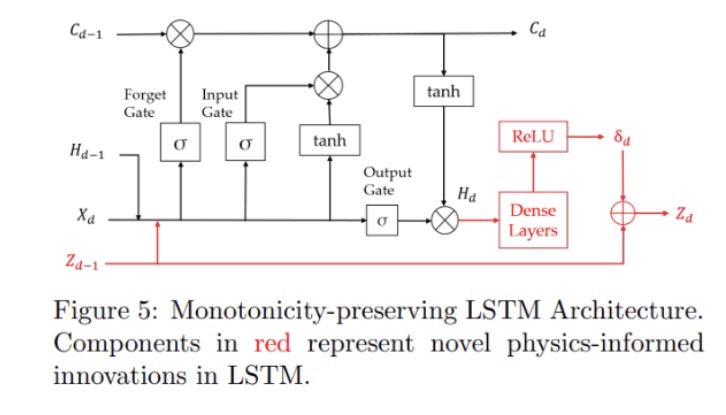Sanghani Center Student Spotlight: Arka Daw

Conferences have been a big part of Arka Daw’s life as a Ph.D. student this past academic year.
Daw presented “Physics-Guided Architecture (PGA) of Neural Networks for Quantifying Uncertainty in Lake Temperature Modeling” in proceedings at the 2020 SIAM International Conference on Data Mining (SDM), and “PID-GAN: A GAN Framework based on a Physics-informed Discriminator for Uncertainty Quantification with Physics” in proceedings at the 2021 ACM SIGKDD Conference on Knowledge Discovery and Data Mining (KDD).
In addition, he participated in the NeurIPS ML4PS Workshop, “Physics-Informed Discriminator (PID) for Conditional Generative Adversarial Nets.”
Daw’s broader research interests include artificial intelligence and deep learning but, more specifically, his work is geared towards formulating generic ways of coupling scientific knowledge with conventional deep learning approaches.
The research he presented at the SIAM conference involved predicting the temperature of lakes at different depths.
“Our proposed solution included a specialized design of a seq-to-seq model where a specific physics-driven inductive bias was infused directly into the model architecture,” said Daw, who is advised by Anuj Karpatne, “It demonstrated that combining scientific knowledge with deep learning models can not only improve their generalizability but also provide meaningful uncertainty estimates.”
During his undergraduate studies in electronics and telecommunication engineering at Jadavpur University, India, Daw had the opportunity to work on retinal artery-vein classification during a research internship at the Pattern Recognition and Image Analysis group at University of Muenster, Germany.
“This is when I realized the immense potential of deep learning in solving real-world problems and decided to pursue higher studies in the broader field of artificial intelligence,” he said.
Daw said he was drawn to Virginia Tech due to its eminence in world-class research and exemplary work of faculty in the Department of Computer Science and at the Sanghani Center.
“I am exceedingly fascinated by Dr. Karpatne’s approach to solving real-world scientific problems and how he works towards shaping the emerging field of science-guided machine learning,” he said. “I am very fortunate to have him as my advisor.”
Daw said that being a student at the Sanghani Center has provided him the opportunity to work with students and faculty of diverse backgrounds and research focus.
“Everyone is always very supportive, really fun to work with, and provides great advice when you need it,” he said.
Daw is projected to graduate in Spring 2023.